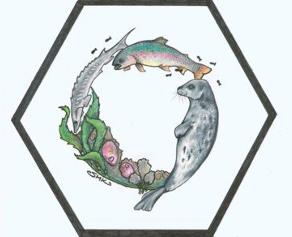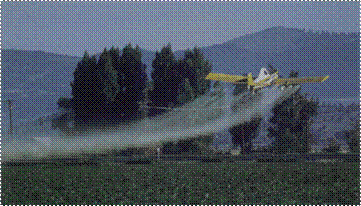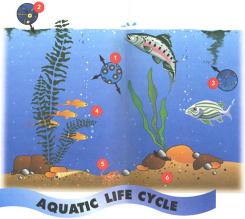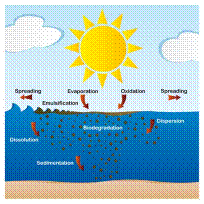|
†††††† |

|
Current Projects |
|
Tjeerdema Aquatic Toxicology AND ENVIRONMENTAL CHEMISTRY Lab UC Davis |





|
Development of a methodology for deriving pesticide sediment quality criteria for the protection of aquatic life. †††††††††† Currently, a nationally accepted method for deriving sediment quality criteria does not exist, so our goal is to combine elements of recent research in risk assessment and toxicology to create a robust and reliable method for deriving these values. We are focusing on creating a method for use with pyrethroid pesticides, which are common sediment contaminants in Northern California, and internationally. Pyrethroids are hydrophobic pesticides that are highly toxic to aquatic invertebrates and fish, and are widely used in both urban and agricultural areas. This project is funded by a contract with the Central Valley Regional Water Quality Control Board.
|




|
Assessment of metabolic responses produced by crude oil versus dispersed oil in California fishes via NMR-based metabolomics.†††††††† †††††††††† There are various techniques used to remediate an oil spill; one efficient tool is the use of a chemical dispersant. Although this is efficient in reducing the amount of oil on the waterís surface, it potentially poses a greater risk towards marine organisms. Therefore this project compares the toxic effects of chemically-dispersed (using Corexit 9500 dispersant) and physically-dispersed oil on California fishes, using NMR-based metabolomics. Metabolomics is used to examine metabolic responses of organisms exposed to environmental and anthropogenic stressors and when combined with nuclear magnetic resonance (NMR) spectroscopy, measurement of the current physiological state of an organismís cells can yield useful information regarding the metabolic actions of toxic pollutants. Overall, toxicological data collected from this study will provide information regarding the potential threat chemical dispersants have towards California fishes and ultimately the direction of future dispersant use. |
|
Environmental fate of pesticides in California rice fields †††††††††† Synthetic pesticides are ubiquitous in today's agriculture practice. Their ability to increase crop yield provides farmers with efficient means of food production, and allows for production in otherwise unfavorable conditions. Despite these benefits, unintended toxic consequences for non-target organisms and other forms of ecological stress is widely observed. As technological improvements allow us to produce pesticides with greater specificity, and as target organisms develop resistance, more and more new pesticides are developed. This "pipeline" presents a serious risk to the environment, and with each introduced chemical, dissipation studies are a prerequisite to registration. These studies, though helpful, are often incomplete, not in the public domain, and are usually performed by the pesticide developer. Our role is to conduct peer-reviewed pesticide degradation experiments, performed on the specific ecological system of intended use, under the intended condition of use. |
|
Current projects |